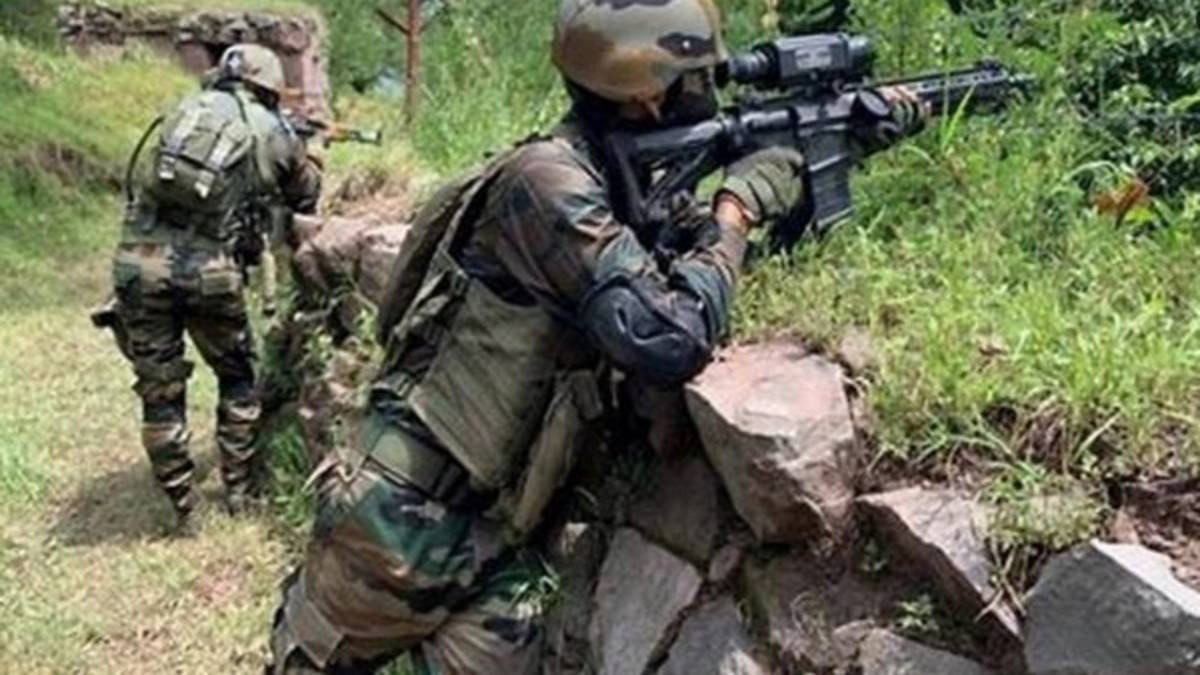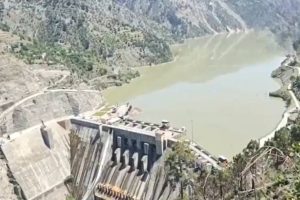In a fresh escalation along the Line of Control (LoC), Pakistani Army posts initiated unprovoked small arms fire across multiple sectors in Jammu and Kashmir during the night of April 25–26. Indian troops stationed along the border responded promptly and effectively with small arms fire. No casualties were reported on the Indian side.
Meanwhile, in a separate counter-terror operation in Bandipora district, security forces killed a Lashkar-e-Taiba (LeT) associate identified as Altaf Lalli during an encounter in the Kulnar area of Ajas. Two policemen sustained gunshot injuries during the exchange and were moved to a nearby hospital, where they are reported to be in stable condition.
The encounter followed a targeted search operation based on intelligence inputs regarding terrorist activity in the region. This comes amid heightened security alerts after the deadly Pahalgam terror attack on April 22, which claimed the lives of 26 civilians, including one Nepali national.
In response to the attack, the Indian Army has intensified security operations across Jammu and Kashmir. Army Chief General Upendra Dwivedi arrived in Udhampur on Friday to assess the security situation. He was briefed at the Northern Command headquarters and later visited Srinagar to review preparedness with senior Army commanders and other security officials.
The central government also announced a series of diplomatic retaliations, including the suspension of the SAARC Visa Exemption Scheme (SVES) for Pakistani nationals, closure of the Integrated Check Post (ICP) at Attari, and the expulsion of Pakistani defence advisors from New Delhi. In reciprocity, Indian defence personnel will also be withdrawn from the Indian High Commission in Islamabad.
Further tightening the diplomatic screws, India announced the suspension of the Indus Waters Treaty, a long-standing agreement signed in 1960.
These developments mark a significant deterioration in Indo-Pak relations amid renewed concerns over cross-border terrorism and security threats in Jammu and Kashmir.





